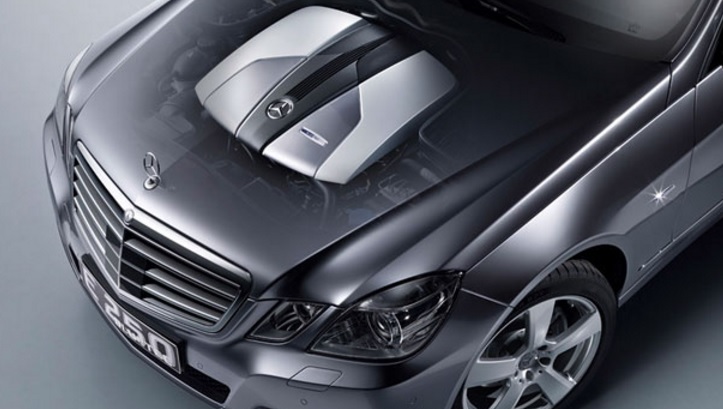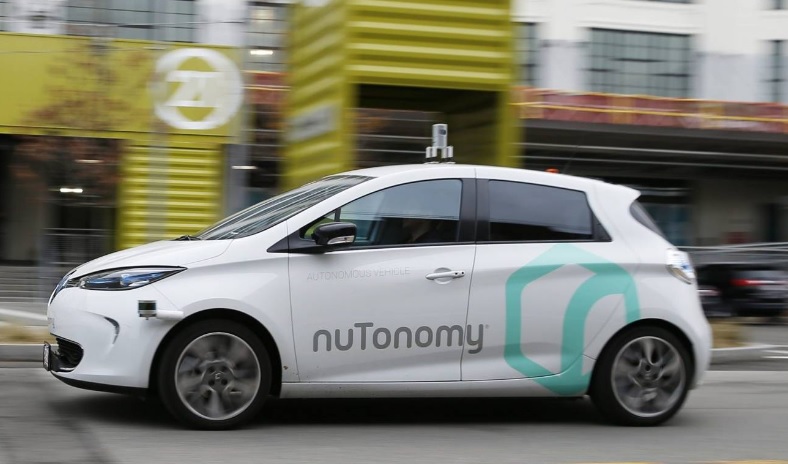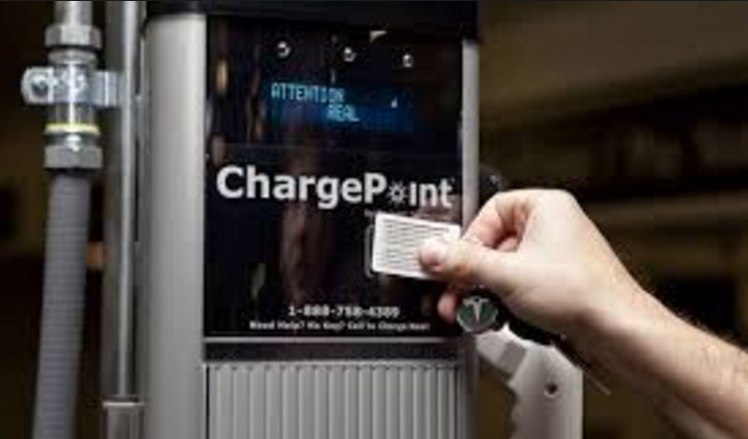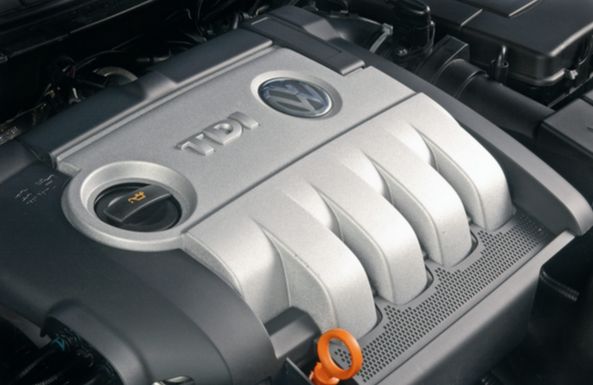Daimler facing emissions charges: Daimler is facing charges over having more than a million vehicles sold with excessive exhaust emissions. Mercedes-Benz models sold in the U.S. and Europe  between 2008 and 2016 may have had emissions defeat devices, according to German newspaper Sueddeutsche Zeitung. In May, Daimler was subject to a search warrant granted by the District Court of Stuttgart that led to a raid and allegations made about the defeat devices. Engines used in the Mercedes C, E, G, R, ML, S, and CLS class models badged 320 and 350 Bluetec with 3.0-liter V6 engines are being investigated; Mercedes S 250 and E 300 Bluetec models in four-cylinder diesel 1.8 and 2.2 liter models; and diesel-powered Sprinter vans.
between 2008 and 2016 may have had emissions defeat devices, according to German newspaper Sueddeutsche Zeitung. In May, Daimler was subject to a search warrant granted by the District Court of Stuttgart that led to a raid and allegations made about the defeat devices. Engines used in the Mercedes C, E, G, R, ML, S, and CLS class models badged 320 and 350 Bluetec with 3.0-liter V6 engines are being investigated; Mercedes S 250 and E 300 Bluetec models in four-cylinder diesel 1.8 and 2.2 liter models; and diesel-powered Sprinter vans.
Chinese quotas challenged: Automaker trade groups have asked the Chinese government to delay and soften its proposed mandate for “new energy vehicles” sales quotas to be met. A letter signed by the American Automotive Policy Council (AAPC), the European Automobile Manufacturers Association (ACEA), the Japan Automobile Manufacturers Association (JAMA) and the Korea Automobile Manufacturers Association (KAMA) called penalties for non-compliance unnecessarily excessive. The new rule may require that at least a fifth of new vehicle sales will be plug-in electrified vehicles by 2025, with a staggered system of quotas beginning next year. China has been moving away from its generous subsidies paid to vehicle manufacturers and consumers to build and buy PEVs, and is transitioning over to California’s zero emission vehicle model.
Lyft makes emissions reduction commitment: Ride-hailing firm Lyft plans to deliver at least one billion rides in electric, autonomous vehicles by 2025. That came from President Trump’s recent  announcement to pull the U.S. out of the Paris climate agreement. It’s expected to reduce carbon emissions by at least five million tons by 2025. The electric cars will be powered by 100% renewable energy and it will all start with its nuTonomy vehicles coming out later this year in Boston. Lyft’s efforts will also be supported next year through a large test fleet of self-driving Chevy Bolts with its investor, General Motors. Lyft will be well positioned the three technologies that market analysts expect to shape the auto industry – electric, autonomous, and shared mobility services.
announcement to pull the U.S. out of the Paris climate agreement. It’s expected to reduce carbon emissions by at least five million tons by 2025. The electric cars will be powered by 100% renewable energy and it will all start with its nuTonomy vehicles coming out later this year in Boston. Lyft’s efforts will also be supported next year through a large test fleet of self-driving Chevy Bolts with its investor, General Motors. Lyft will be well positioned the three technologies that market analysts expect to shape the auto industry – electric, autonomous, and shared mobility services.

 about 8,000 resident charging spots to the ChargePoint network. GE’s existing clients and drivers will be served through maintenance of GE’s existing software and commercial charging stations. GE customers with questions about the transition to ChargePoint can learn more
about 8,000 resident charging spots to the ChargePoint network. GE’s existing clients and drivers will be served through maintenance of GE’s existing software and commercial charging stations. GE customers with questions about the transition to ChargePoint can learn more  years after the Volkswagen “dirty diesel” scandal was reported by the U.S. Environmental Protection Agency. Germany, which plays a leading role in the European Union and is the home base for VW, has been taking a tough stance with automakers and their diesel vehicles. Diesel cars have been very popular in Germany, with VW, Audi, Mercedes, and BMW offering a long list of high-performance diesel cars; many of which will be going away. On Monday, the transport ministry was urging automakers to upgrade to realistic software on up to 12 million diesel vehicles in Germany; on Tuesday, that ministry announced creation of a “national diesel forum” to work with automakers and regional governments on emissions cuts.
years after the Volkswagen “dirty diesel” scandal was reported by the U.S. Environmental Protection Agency. Germany, which plays a leading role in the European Union and is the home base for VW, has been taking a tough stance with automakers and their diesel vehicles. Diesel cars have been very popular in Germany, with VW, Audi, Mercedes, and BMW offering a long list of high-performance diesel cars; many of which will be going away. On Monday, the transport ministry was urging automakers to upgrade to realistic software on up to 12 million diesel vehicles in Germany; on Tuesday, that ministry announced creation of a “national diesel forum” to work with automakers and regional governments on emissions cuts.